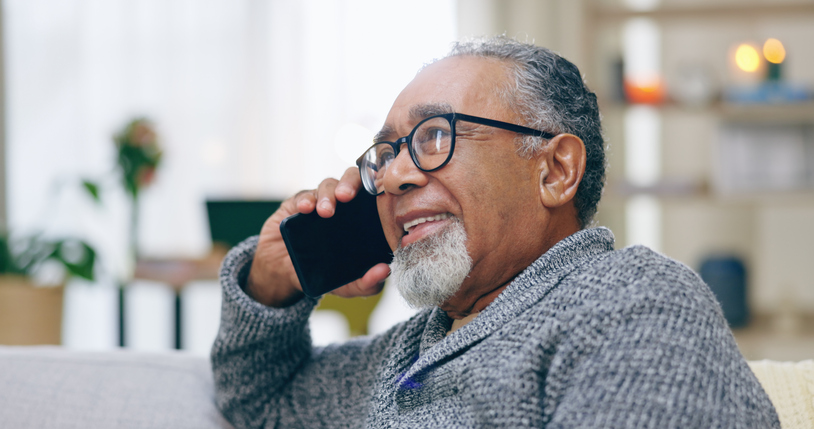Fertility after cervical cancer treatment
Treatment for cervical cancer might affect your fertility.
Your fertility will be affected by some of the cervical cancer treatments. Talk to your doctor or nurse before treatment to see if there are any options if you would like to have a child or more children.
Fertility and cervical cancer surgery
Hysterectomy
If you have a hysterectomy, you will no longer be able to have children. This can be very difficult to deal with and you may need extra support to cope.
Radical trachelectomy
If you have a radical trachelectomy, you may be able to get pregnant and have children, but you will need special antenatal care.
Radical trachelectomy and pregnancy
If you are planning a pregnancy after radical trachelectomy you can ask to be referred a fertility specialist centre. Your doctor will recommend waiting a period of time before planning a pregnancy.
Your doctor will talk to you about risk of mid-trimester miscarriage following a trachelectomy. If you get pregnant after a trachelectomy, you will need to be under the care of a specialist obstetrician and your baby will be delivered by Caesarean section.
Cone biopsy
If you have a cone biopsy, this can weaken the cervix. If you become pregnant, talk to your doctor or obstetrician about this. Talk to your doctor if you hope to have children after this surgery.
Fertility after radiotherapy for cervical cancer
Radiotherapy for cervical cancer affects your ovaries and stops them from producing eggs and pregnancy hormones.
Ovarian transposition
Ovarian transposition is a type of surgery where the ovaries are moved away from the area where the radiotherapy will be given. This is to try to stop the radiation from affecting your ovaries to allow you to keep producing eggs. This operation is carried out in specialist centres and doesn’t always work, but you can talk to your doctor to see if you are suitable.
Dealing with infertility
Dealing with infertility can be as hard as dealing with a cancer diagnosis for some people. Feelings of anger, grief, sadness and loss of identity are common.
It's important to talk openly to your partner or a friend about these feelings. If you're finding it hard to deal with infertility, it may help to talk to your nurse or doctor. Don’t be afraid to ask for help in dealing with this matter. Your doctor may arrange for you to speak to a trained counsellor or a specialist.
Call our Support Line on 1800 200 700 or visit a Daffodil Centre for support from a cancer nurse and information on free counselling.
Contraception
You should not become pregnant during cancer treatment as some treatments can harm the developing baby. There can also be a risk of miscarriage.
You may not know if you are fertile because your periods may stop during treatment. However, it may still be possible for you to become pregnant. Also, side-effects like vomiting and diarrhoea can affect the way your contraceptive pill works.
As a result, you should use a reliable method of contraception throughout your treatment and for some time afterwards. You may have to avoid contraception that contains hormones, so it is important to discuss all of your options with your medical team.



Talk to a Cancer Nurse

Support Line
Our Daffodil Centres

